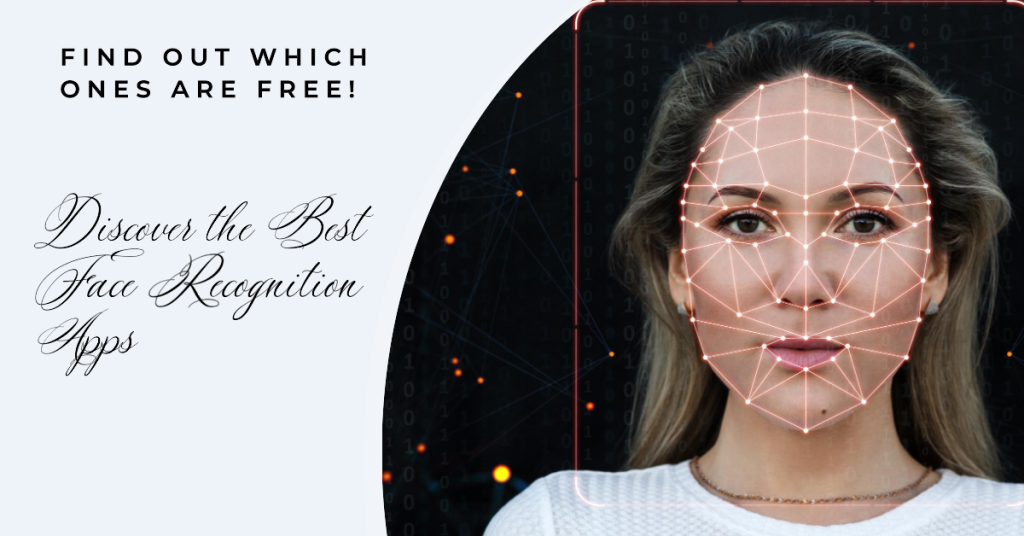In a world driven by technological advancements, face recognition has emerged as a powerful tool. The demand for face recognition apps has skyrocketed, with users seeking convenient and secure ways to access their devices and accounts. This article dives into the realm of face recognition technology, exploring the top 5 free face recognition apps and their unique features.
Importance of Face Recognition Apps
Face recognition apps have become integral to enhancing security measures. From unlocking smartphones to accessing sensitive information, these apps streamline user authentication, making it not only secure but also hassle-free. The ease of use and the added layer of security make face recognition apps a preferred choice for many.
Top 5 Free Face Recognition Apps
-
Face2Gene
Face2Gene is a healthcare application created by FDNA, an artificial intelligence company based in Boston, USA. This app employs facial recognition technology to assist doctors in conducting thorough and accurate genetic assessments. If utilized effectively, Face2Gene has the potential to be the top facial recognition app for Android and iOS users within the healthcare industry.
-
FacePhi
FacePhi is a company primarily focused on the financial sector. They have introduced groundbreaking products that provide secure mobile banking experiences to their users. Banks can utilize this software to verify the identities of their clients while they are using online banking services. The facial recognition software is constructed using FacePhi’s robust algorithms. During the registration process, the app prompts users to provide personal information and captures their facial features to establish unique face patterns.
-
Railer
Railer is an app designed for face recognition and mobile attendance management. Educational and corporate organizations can utilize this app to monitor the attendance of their students and employees through facial recognition technology.
-
Luxand Face Recognition
Luxand, a high-tech company based in the United States, develops and offers face recognition software development kits (SDKs) and application programming interfaces (APIs) for businesses. They also create face recognition entertainment applications for consumers. Luxand’s face recognition technologies are compatible with major platforms such as Windows, macOS, Linux, iOS, Android, and Raspberry Pi. These technologies not only perform face recognition but also enable age and gender detection, as well as facial expression and emotion recognition. They support various media types, including videos, live streams, and still images. Additionally, Luxand offers support for 15 programming languages.
-
FaceVault
FaceVault, previously known as FaceUnlock, is an iOS-exclusive face recognition app. It allows users to unlock their iOS devices using facial recognition technology. However, since Apple’s operating system does not grant access for phone unlocking, the app focuses on enhancing security for the device’s photo gallery. FaceVault scans the user’s face using the front camera, regardless of whether they are wearing makeup or glasses. In cases where the app fails to recognize the face, alternate unlocking methods, such as a pattern or security code are provided.
Are Face Recognition Apps Safe To Use?
While face recognition apps undeniably bolster the security of data stored on our smartphones, a flip side to this technological advancement emerges in the form of heightened privacy concerns. The widespread popularity of these apps within social media circles has triggered apprehensions among users, particularly regarding the imprinting of their facial features into the artificial intelligence algorithms of these applications. This imprinting, some argue, renders individuals susceptible to potential identity theft.
Beyond the immediate worries about facial data, users have expressed additional reservations concerning the origins of these apps. Critics argue that the countries of origin of these applications raise concerns about data governance, adding another layer of scepticism to the use of such technology.
Concerned individuals posit that these face recognition apps often gain access to users’ camera rolls. Within these camera rolls reside not only personal photos but also images of friends and family. Moreover, users store sensitive information such as screenshots of bank account details and credit card numbers, raising the stakes for potential misuse of such data. The multifaceted nature of the information stored within camera rolls raises valid concerns about the diverse ways this data could be exploited for various purposes.
In essence, the duality of these face recognition apps is evident — they offer enhanced security for personal data while simultaneously giving rise to intricate privacy dilemmas. The fine balance between technological convenience and safeguarding user privacy remains a critical discussion point in the ongoing dialogue about the implications of face recognition technology.
Conclusion
In conclusion, the world of face recognition apps is dynamic and promising. Each app brings a unique set of features to the table, catering to diverse user needs. The convenience, security, and real-world applications make these apps invaluable in today’s tech-driven society. Readers are encouraged to explore the apps discussed and choose the one that aligns best with their preferences and requirements.
